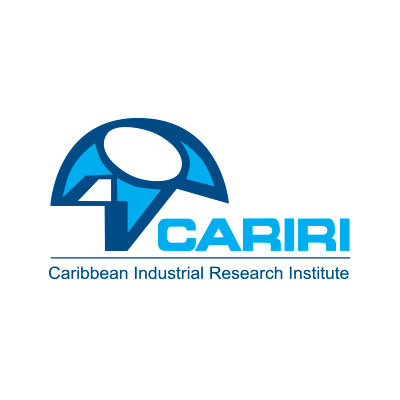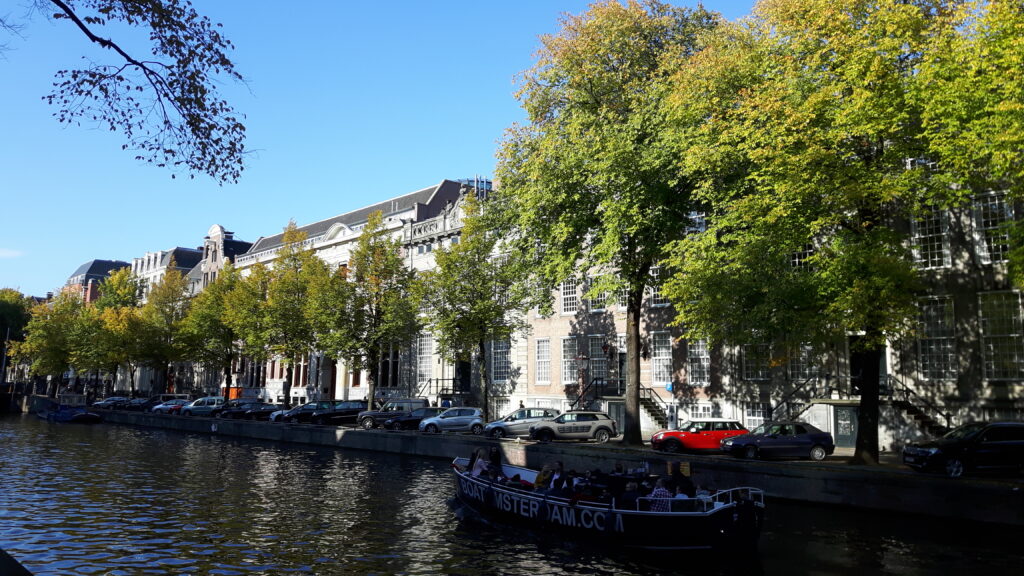WORLD HEALTH ORGANIZATION

Consultant, Air Quality and Health
2020 to Present
- Leading the development of the working group on SDG11.6.2 which aims to develop SDG targets, tools and guidance documents to help Member States monitor their trajectories and meet their environmental targets.
- Providing technical support for the Global Air Pollution and Health – Technical Advisory Group (GAPH-TAG) by preparing meeting and working documents related to exposure assessment and policy and interventions subgroups.
- Supporting to the development of technical reports related to policy and intervention methods and tools for the Urban Health Initiative which will help countries create and sustain healthier urban environments
- Coordinating the input and exchange of information between multiple stakeholders to develop and implement capacity building training modules that will help health workers identify and address upstream determinants of health in relation to air quality.
- Preparing technical report on methods for assessing the impact of human exposure to air pollution. This document will offer LMIC technical support for piloting air quality monitoring programs and help them strengthen their leadership role in identifying and addressing upstream determinants of health related to the environment.
UNIVERSITY OF TORONTO
Post-doctoral fellow, Canadian Urban Environmental Health Research Consortium
2018 - 2020
-Developed long-term air pollution exposures (monthly averages across 10 years) for health scientists in SickKids and ICES to study environmental determinants of childhood asthma. The data collected and analyzed were sourced from domains such as land use regression models, satellite measurements and chemical transport models.
-Led the development of a repository with multiple environmental risk factors for 21,000 schools so as to facilitate research on the impact of access to green spaces and playgrounds on students' academic performance and overall wellbeing.
-Provided technical support in the design, development and implementation of a digital environmental equity GIS tool which focused on strengthening the general public’s understanding of the health impact of urban environmental factors such as green spaces, blue spaces, walkability, air pollution and food environment across different socio-economic indicators.
-Prepared technical reports on emerging trends from federal and provincial environment and climate change documents so as to develop customizable environmental reports for policymakers, urban planners and public health practitioners. These reports consolidated population-weighted exposures for multiple environmental health risks across different geographic, demographic, economic and social indices.
Enhanced partnerships with CANUE and promoted the use of national exposure metrics and population health databases for urban environmental research in scientific committees and international fora such as Google Earth Outreach (GEO) for Good conference.
Ph.D Candidate, Southern Ontario Centre for Atmospheric Aerosol Research
2014 - 2018
Developed exposure models that used machine learning and multiple linear regression methodologies to predict air pollution levels from different land use sources such as transport and industry. This model development included data collection and analysis of air pollution measurements as well as data manipulation and extraction of GIS data.
Collaborated with Public Health Ontario and City of Toronto to inform air pollution reduction policies by leveraging land use regression models to identify daycares and schools that may be impacted by high air pollution and formulate a strategic air pollution monitoring protocol.
Provided Small Island Developing States with scientific evidence on existing health risks due to air pollution by collecting pollutant samples at multiple locations and examining the influence of vehicle fleet composition on air pollution. These key findings were published in a peer-reviewed journal and in the media.
Prepared technical reports and publications for government partners (Environment and Climate Change Canada) and communicated scientific findings to academia and industries at international conferences with a focus on improving our understanding of environmental exposure across different land uses.
– Enhanced partnerships with scientists and peers through research exchanges with Utrecht University (Netherlands) and the drafting of technical reports with a focus on air pollution.
CARIBBEAN INDUSTRIAL RESEARCH INSTITUTE

Chemical Engineer
2008 - 2014
- Prepared feasibility studies for sustainability services in anticipation of the implementation of Air Pollution Rules, which expanded CARIRI’s services to include greenhouse gas inventories and energy efficiency audits.
- Provided technical support in the design of an air quality monitoring program for the development of an air quality index to inform Trinidad and Tobago’s baseline exposure to air pollution.
- Developed indoor air quality monitoring programs for workspaces that contained employees that may have been adversely impacted by Sick Building Syndrome, with a focus on conducting in-situ monitoring and exchanging scientific findings and recommendations through written reports.
- Developed a catalogue of technically feasible technologies to address waste reduction from food production with clear environment and economic benefits, including effluent conversion to biogas, biodiesel and enzymatic hydrolysis.
- Prepared technical documents, standard operating procedures, plant layouts, equipment and packaging specifications for food technologies so as to support national policy directives that aimed to improve food security by increasing local production.
- Coordinated R&D activities for pilot-scale production facilities. This included planning project schedules and timelines, leading bi-monthly team meetings, evaluating deliverables (clinical and market trial results) and drafting project reports for the CEO.
- Communicated with policy makers, peers and the public to advance sustainability research and services and enhance regional and international collaborations with Council for Scientific and Industrial Research and Agricultural Research Council in South Africa, Caribbean Technological Consultancy Services Network in Barbados and Canadian Standards Association in Canada.
Research skills
"If we knew what we were doing it wouldn't be called research, would it?"
Data Analysis: - Geographic Information Systems: ArcGIS | Google Earth Engine
- Air Dispersion Models: AERMOD
- Programming Languages: R | SQL
Writing Reports: - Microsoft Office: Word | Excel | PowerPoint | Access | Publisher
Creating Presentations: - Adobe Premiere Pro | Adobe After Effects | WordPress | Tableau
Project management skills
"A good plan today is better than a perfect plan tomorrow."
Technical Capabilities: Goal Setting | Strategic Thinking | Problem Solving | Multi-tasking | Time Management | Delegating | Streamlining Processes | Microsoft Office Project | REDCap
Additional Competencies: Leadership | Mentoring | Conflict Resolution | Constructive Feedback | Active Listening | Performance Appraisal | Recruitment | Public Speaking

Conference Presentations
K. Shairsingh, C. Jeong, J. Wang and G. Evans, “Evaluation Of The Transferability Of Resolved Vs Conventional Land Use Regression Models For Traffic-Related Air Pollutants”. International Society of Exposure Science 27th Annual Meeting, Research Triangle Park, NC.
K. Shairsingh, C. Jeong, J. Wang and G. Evans, “Evaluation Of The Transferability Of Resolved Vs Conventional Land Use Regression Models For Traffic-Related Air Pollutants”. American Association for Aerosol Research 36th Annual Conference, Raleigh, NC.
K. Shairsingh, C. Jeong, J. Wang and G. Evans, “High-resolution Characterization of the Spatial Variability of Traffic-Related Air Pollution Exposure at the Neighbourhood Scale”. International Society of Exposure Science 26th Annual Meeting, Utrecht, Netherlands.
